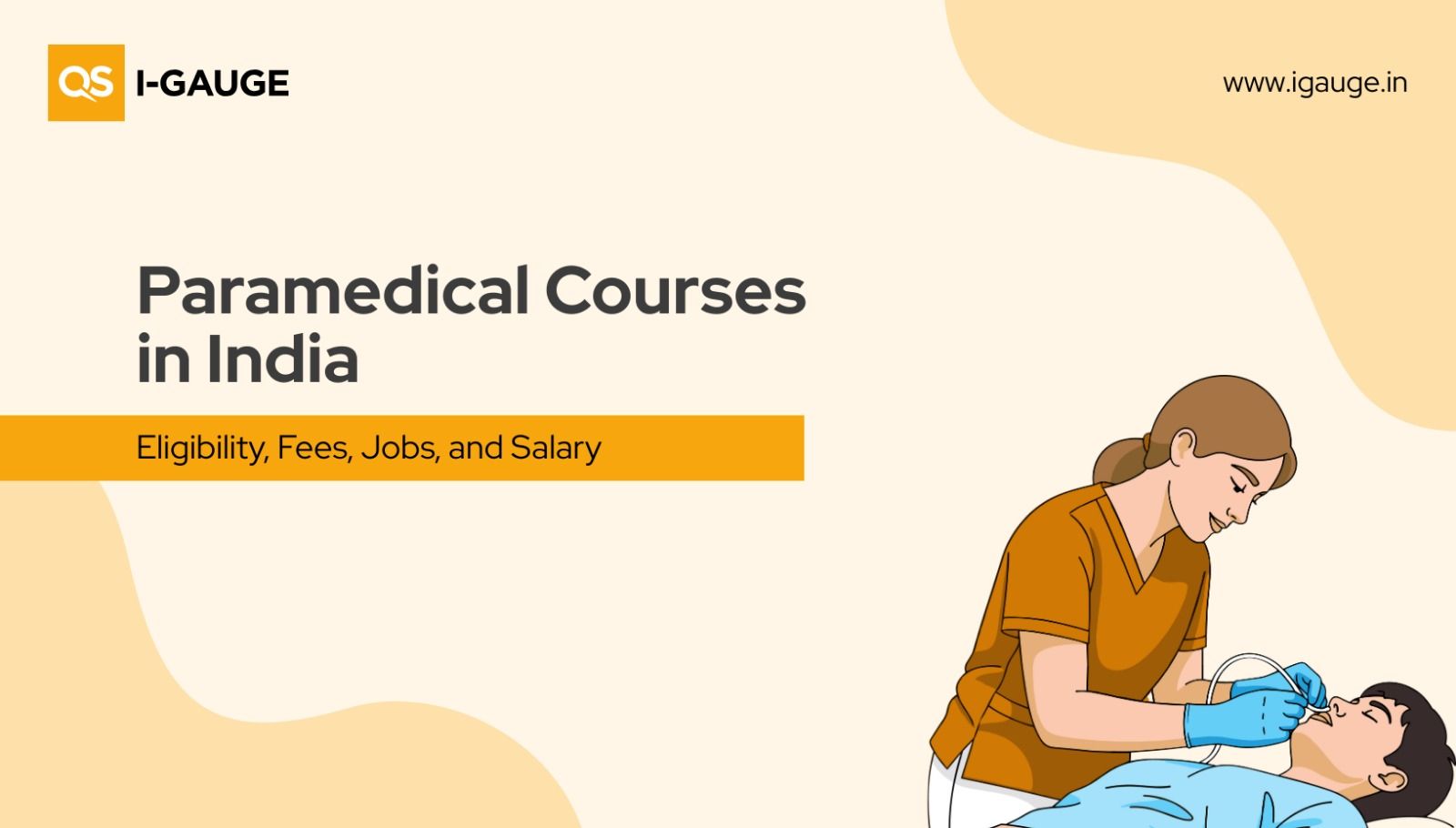 in india.jpg)
The Bachelor of Homeopathic Medicine and Surgery (BHMS) program provides undergraduate education to students who want to practice homeopathy as an alternative medical system based on natural and holistic treatment approaches. This degree equips students with scientific knowledge and clinical skills needed to treat various health conditions using homeopathic remedies, which are prepared mainly in diluted forms like tablets or liquids to stimulate the body’s healing response.
Course overview
BHMS stands for Bachelor of Homeopathic Medicine and Surgery. The program duration amounts to five and a half years, which consists of 4.5 years of academic study and one year of required rotatory internship at approved medical facilities. The program teaches students about human anatomy, physiology, pathology, homeopathic pharmacy, and clinical practice. This degree is recognised by the National Commission for Homoeopathy under the Ministry of AYUSH, Government of India.
How is the homeopathic system of medicine viewed in India?
Homeopathy holds a unique place in India’s healthcare landscape. AYUSH (Ayurveda, Yoga & Naturopathy, Unani, Siddha, and Homeopathy) recognises it as an official system of medicine that receives support from institutions and maintains strong public confidence. Homeopathic remedies serve as the treatment choice for millions of Americans who deal with chronic health problems and lifestyle-related conditions and want to prevent illnesses. Although there is mixed opinion on the scientific evidence for this system of treatment, yet patients choose it because it provides soft treatment methods at budget-friendly costs without reported adverse effects. Homeopathy exists as a separate medical system that operates alongside allopathic medicine and traditional practices in India.
Admission process and eligibility
Admission to BHMS courses primarily requires candidates to have completed Class 12th with Physics, Chemistry, and Biology (PCB) as compulsory subjects. The minimum eligibility score for admission requires students to achieve at least 50% in PCB subjects, although reserved categories may receive specific score reductions. Additionally, qualifying for the NEET (National Eligibility cum Entrance Test) is mandatory for admission to most BHMS colleges across India. The counselling process for seat allocation in government and private homoeopathic colleges begins after NEET results are announced. The entrance process at some institutions includes their own entrance tests and state-level exam score acceptance.
Entrance exams for BHMS
The NEET UG exam is the main entrance exam for BHMS in India. Some states and universities may have additional entrance exams like IPU CET, PU CET, or BCECE, but all are generally coordinated with NEET qualifications. Clearing NEET is essential for admission counselling and seat allotments in AYUSH (including BHMS) courses.
Fees Structure
BHMS course fees vary widely depending on the institute and location. Government colleges tend to have lower fees, usually ranging from INR 20,000 to INR 1,00,000 per annum, while private colleges may charge from INR 1,50,000 up to INR 5,00,000 per annum.
Career and Job Opportunities
A BHMS graduate has diverse career paths, such as:
- Clinical Practice – Private practice or work in hospitals.
- Research and Development – Contribute to new formulations in homeopathy.
- Teaching – Work as a lecturer after higher studies.
- Pharmacist – Work with homeopathic pharmacies and medicine companies.
- The AYUSH department requires hospital administration to oversee both AYUSH departments and wellness centres.
Job roles include: Homeopathic Doctor, Consultant, Medical Officer, Lecturer, Researcher, and Public Health Specialist.
Salary range
The starting salary for BHMS graduates in India after graduation falls between INR 2.5 to INR 6.5 lakh per year based on their experience level and job-specific skills. Entry-level medical positions in public institutions start at INR 20,000 to INR 40,000 per month, but public sector jobs provide better compensation than private medical facilities. BHMS professionals who have gained experience in their field can reach annual salaries of INR 15 lakh based on their specialisation and workplace. The salary levels rise substantially when a person obtains their MD in homeopathy and accumulates many years of clinical practice.
Higher Education After BHMS
- MD in Homeopathy (specialisations like Materia Medica, Organon, Repertory, etc.)
- MBA in Healthcare Management
- Short-term courses in Nutrition, Public Health, or Alternative Therapies
Conclusion
The Bachelor of Homeopathic Medicine and Surgery (BHMS) program enables students to learn homeopathic methods from the past while studying modern medical science. The complete five-and-a-half-year program teaches students to develop homeopathic practice skills through hands-on clinical experience. BHMS provides a fulfilling career path for those who want to practice natural healing while focusing on patient care because it enables them to develop professionally while helping others achieve holistic wellness.




